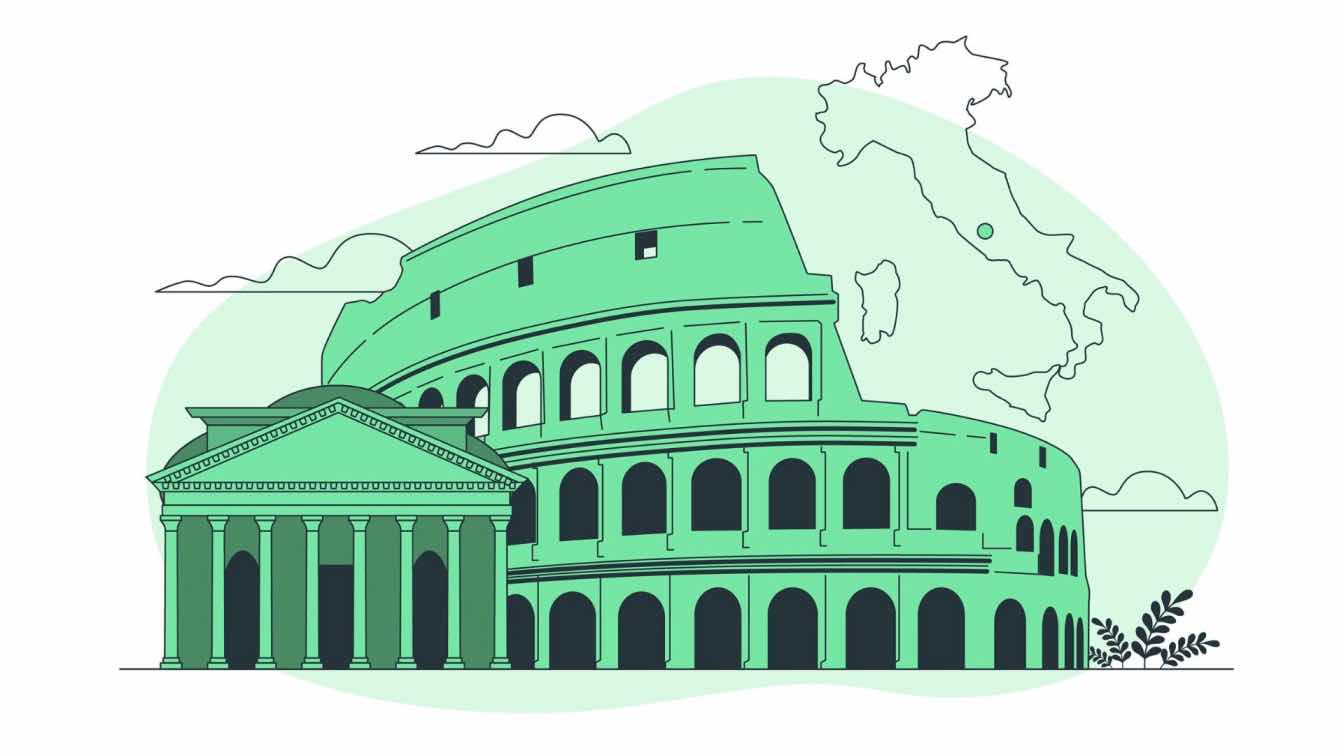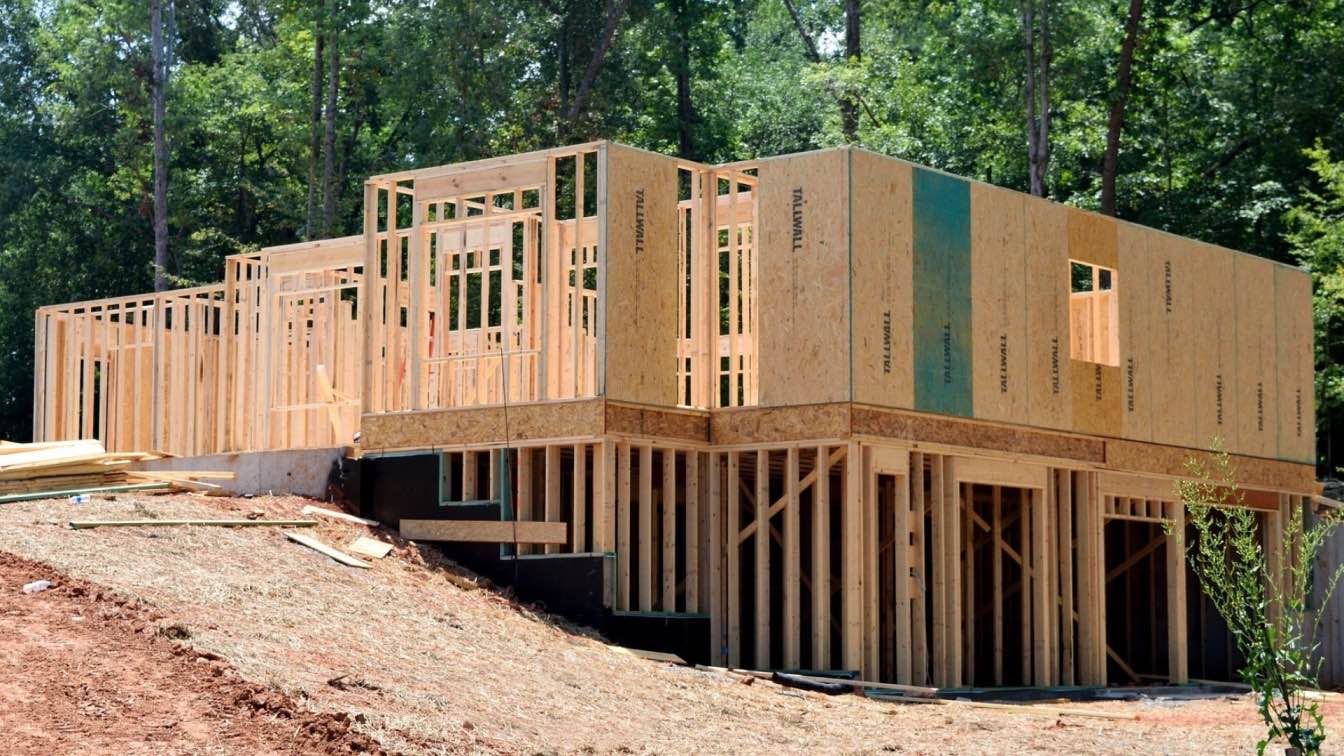One of the debates that have continued to persist in debates among scholars relates to whether history should be taught in schools. No matter how old you are, there are always new things to learn. Now and then, new and exciting subjects appear, including artificial intelligence and cryptocurrency. With so many appealing options to choose from, why should anyone want to study history? This article focuses on some of the most notable benefits of this subject.
How Does History Affect Our Present Lives?
One of the main reasons why we study history is that the past doesn’t always stay behind us. By studying history, we understand how past things and events shaped our present. The lessons gleaned from the history lessons not only help us to understand who we are but also how we become what we are now. Most importantly, understanding the past helps us create the ability to avoid certain mistakes and craft better paths for our communities. We learn from history so that we don’t make the same mistakes our predecessors made. Students shouldn’t stress about history assignments as they can work with paper writer services online.
Past events have led to the displacement of groups and families, altering the composition of regions and leading to tensions and loss of life. Events in the past have also led to the formation of governments and systems created to bring structure. All these affect how we live today. For instance, the great depression, which was one of the most challenging times in the history of the United States, came with serious economic problems. The challenges led people to lose work and homes. From such lessons, we get to understand what people at the time did that led to the depression. Governments have used this understanding to make changes in designing relief programs and policies relating to unemployment.
The point you must take from this is that history teaches us the past, highlighting how certain societies kept thriving while others perished. It teaches us why humans have gone to war and how people and societies have been transformed over time. From this, we get to appreciate what civilizations have made and learn how to avoid mistakes made in the past for future progress.
The history we teach today isn’t about others. It is a way for students to learn about people who may have lived decades ago, but whose actions and failures affect our societies today. Historical knowledge is a well-constructed collective knowledge. Historical research builds and codifies knowledge from the past. When students study history, they learn who they are why they live where, and how they do.
How Do Past Events Help Us Understand the Present?
The present is a creation of the past, meaning that what we are now is a reflection of what happened in history or how we learned from it. The modern world exists as it does because of events that took place long before we came here. We can only understand how we got here and where to head next if we understand the past. Here are some ways in which history allows us to comprehend the past.
History Helps with Understanding the Process of Change
History lessons are filled with transitions that have shaped the stories of civilizations. When you grow your knowledge of history, you get to improve your understanding of the events that led to the present society. You can learn how change is triggered and how even the strongest civilizations can collapse over time. By learning history, therefore, you get to see how changes can happen in the future to trigger monumental change.
History Shows Us Mistakes to Avoid
We all learn from past mistakes, and there is no better place to get these mistakes and lessons than from a history class. Through teaching the subject, students get an improved understanding of how the world works and mistakes previous generations made that changed the course of the universe. Studying past wars lets you understand the challenges leaders face and how their responses can shift world trajectories. You get to understand the signs of disaster and how such patterns can make you a more informed leader or citizen.
We Get the Context of Human Experience
Over the decades, human beings have lived through pandemics, wars, and natural disasters. Studying the recordings of these experiences shows us what people have gone through before us, and helps us build our resilience. History teaches us that people have successfully navigated challenging times and gives us important lessons on how to cope. In other words, studying the past helps you stay aware when the patterns re-emerge and take comfort in the fact that previous generations went through similar challenges and survived. Check out masterpapers review for tips on how to get help with history assignments.
How We Study History
It is important to understand that history is personal to everyone and how people interpret past events depends on their beliefs and attitudes. The holocaust, for instance, may trigger different reactions and emotions based on one’s political, cultural, and religious outlook. Also, we should remember that there are many different approaches to teaching and learning history. Some prefer to memorize dates and places relating to historical events.
However, things have changed today, and people now study differently. Over 95% of people in the United States have access to the internet, which means that they can get the facts about the past with one click of a button. This means that learning history in the modern age is more than just about memorizing dates and places. It requires students to make real connections and comprehend what happened in the past and why it happened.
Students also need knowledge and critical thinking skills if they are to dissect past events and frame them within the wider narrative of the past. Learning and teaching history through critical thinking allows students to engage in social justice debates when looking at modern issues and their root causes.





